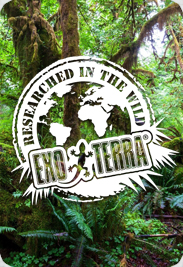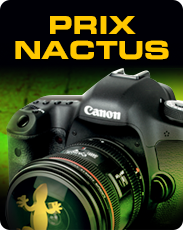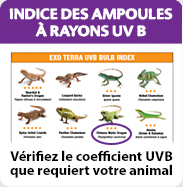Herpetological Symposium Hanover 2012

The IHS has established a grant program to provide financial assistance to individuals or organizations conducting herpetological research, conservation, and education. Proposals are now being accepted for the year 2009 awards. Grants are initially in the amount of up to $500 and will be awarded to applicants whose projects represent a significant contribution to herpetoculture in one of the categories listed below:
Herpetological Natural History.
Proposals in this category should address new field research in areas such as population distribution, behavioral ecology, and life history strategies of amphibians or reptiles.
Herpetological Conservation Biology.
Proposals in this category should address new research on endangered or threatened amphibian or reptile species or the phenomena that affect the maintenance, decline, and restoration of their natural habitat.
Captive Propagation.
Proposals in this category should address research in captive behavioral studies or new techniques in captive maintenance and breeding of amphibians or reptiles.
Herpetological Education.
Proposals in this category should address starting and/or maintaining an educational program pertaining to amphibians or reptiles at a facility available to the public, such as a zoological park, school, or community center.
The total number of grants awarded will depend solely upon the balance of the grant fund in any given year. Depending on the applications received, an attempt will be made to award a grant to each category and some categories may receive more than one award. The committee reserves the right to reassign the category under which a given proposal is submitted.
Applicants may be anyone from the herpetological community. When a grant is awarded, the recipient agrees to abide all local, state and federal laws. Recipients will be encouraged to present their findings at the next year's symposium. Recipients will also agree to mention the IHS in any publications resulting from this grant award.
Instructions to Applicants
- Proposals should include the following information:
- Statement of the objective(s) and justification of the proposal.
- Description of materials and methods.
- Complete budget with a list of other funding sources.
- Brief resume of the applicant, including affiliation if any and name, phone, e-mail, and address of all participants.
- Two notarized letters of reference or if a student, a letter from the faculty advisor.
- Project schedule.
- A written report must be submitted to the I.H.S. board.
Grants may not be used to support salary, tuition, or publication expenses.
Applications can either be mailed to the IHS address below or submitted by e-mail in Microsoft Word format. Mailed applications must be typed, double-spaced and submitted in duplicate. Applications should be kept brief and simple, and proposals longer than three to five pages are discouraged. All applications must have a postmark no later than December 31st of the year and grants will be awarded by March 1st of the following year.
It is the goal of this grant program to award funds to a wide variety of applicants. Enthusiastic amateurs will receive the same level of consideration as professional herpetologists and graduate students.
Sent typed applications to:
International Herpetological Symposium
Grants Program
321 W. Oakland Ave.
Lansing, MI 48906
E-mailed applications in Microsoft Word format only, send to: oldherper@tds.net and specify "Grants Program" in subject field.










